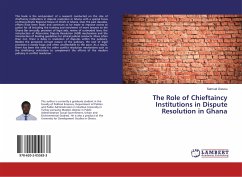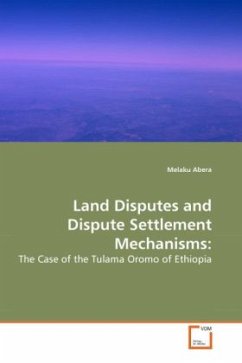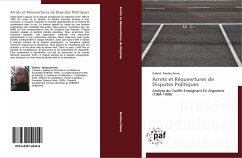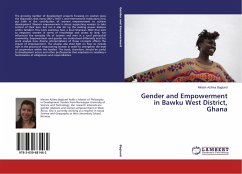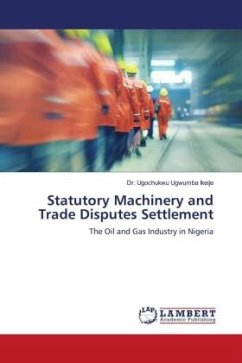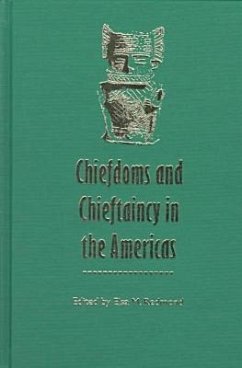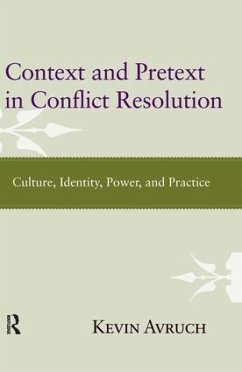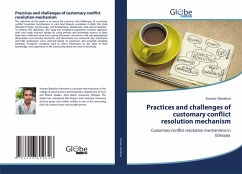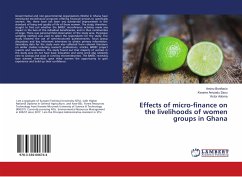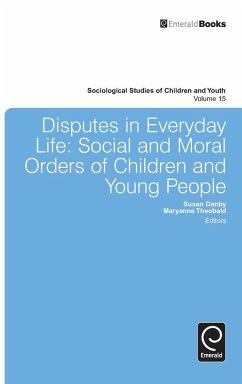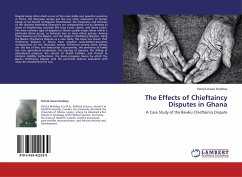
The Effects of Chieftaincy Disputes in Ghana
A Case Study of the Bawku Chieftaincy Dispute
Versandkostenfrei!
Versandfertig in 6-10 Tagen
27,99 €
inkl. MwSt.

PAYBACK Punkte
14 °P sammeln!
Despite being often cited as one of the most stable and peaceful countries in Africa, the Ghanaian society just like any other association of human beings is not devoid of disputes. Nonetheless, the frequency, and intensity of the disputes bedeviling Ghanaians are comparatively not as alarming as those of neighboring countries like Ivory Coast, Liberia, and Sierra Leone. The most common type of disputes in Ghana usually erupts either within a particular ethnic group, or between two or more ethnic groups. Among these disputes are the Bawku, and the Dagbon Chieftaincy Disputes. Using the Bawku C...
Despite being often cited as one of the most stable and peaceful countries in Africa, the Ghanaian society just like any other association of human beings is not devoid of disputes. Nonetheless, the frequency, and intensity of the disputes bedeviling Ghanaians are comparatively not as alarming as those of neighboring countries like Ivory Coast, Liberia, and Sierra Leone. The most common type of disputes in Ghana usually erupts either within a particular ethnic group, or between two or more ethnic groups. Among these disputes are the Bawku, and the Dagbon Chieftaincy Disputes. Using the Bawku Chieftaincy Dispute as a case study, this book has shown that chieftaincy disputes in Ghana have negative socio-politico-economic consequences on the Ghanaian society. Prominent among these effects are: the loss of lives, the destruction of properties, the severance of family ties, low agricultural production, the injuring of persons, the stifling of educational progress, the closure of health facilities, and threats to national stability. Furthermore, the book proposes means by which the Bawku Chieftaincy Dispute (and the perennial violence associated with it)can be resolved short of war.



